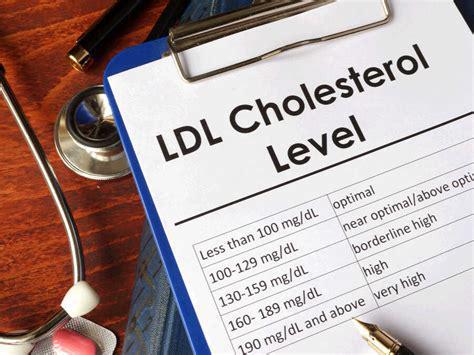
STUDY: This studied included participants from 5 National Heart, Lung, and Blood Institute (NHLBI) studies and the UK Biobank. NHLBI study participants aged 5 to 84 years were recruited between 1971 and 2002 across the US and underwent whole-genome sequencing. UK Biobank participants aged 40 to 69 years were recruited between 2006 and 2010 in the UK and underwent whole-exome sequencing. Data were analyzed from June 2021 to October 2022.
RESULTS Among 19 073 NHLBI participants in the USA, only 139 (0.7%) carried the genetic variation that was associated with 49 mg/dL lower LDL-C. Over a follow-up of 21.5 years, incident CHD was observed in 8.6% vs 16.0% of the “non-inherited” group, or a 50% favorable reduction in CHD.
Among 190 464 UK Biobank participants, 0.4% carried a favorable genetic pattern associated with 45 mg/dL lower LDL-C. Estimated CHD risk by age 75 years was 3.7% vs 7.0% in noncarriers, corresponding to a 50 % reduction in CHD.
CONCLUSIONS
Among 209 537 individuals in this study, 0.4% carried a favorable genetic variaton that was associated with less exposure to LDL-C over there whole life. There was a 49% lower risk of CHD. This supports the Cholesterol Hypothesis that lowering LDL-C throughout life using lifestyle, and if needed, supplements and medication, favor the avoidance of heart disease and heart events like heart attacks.

